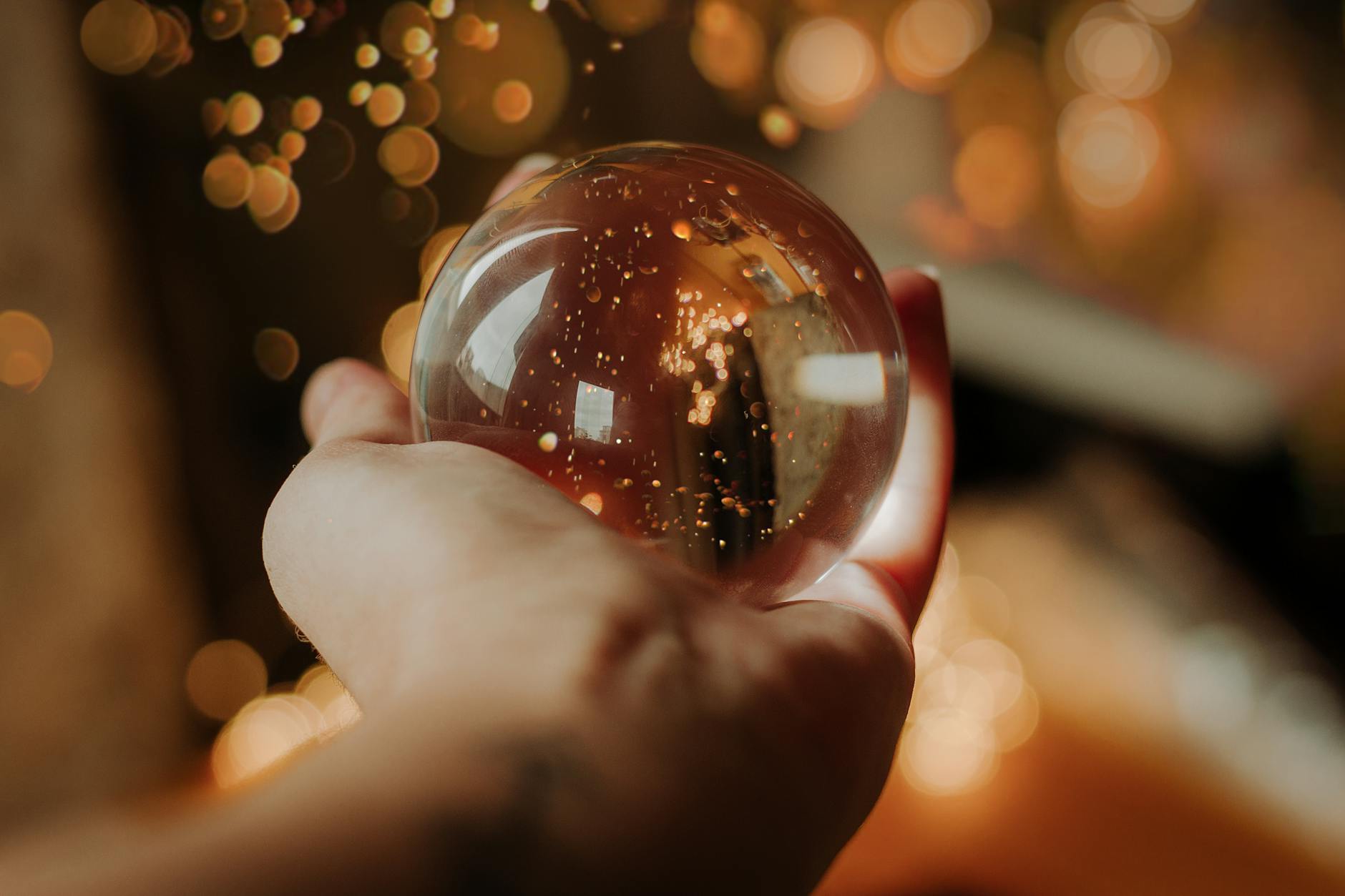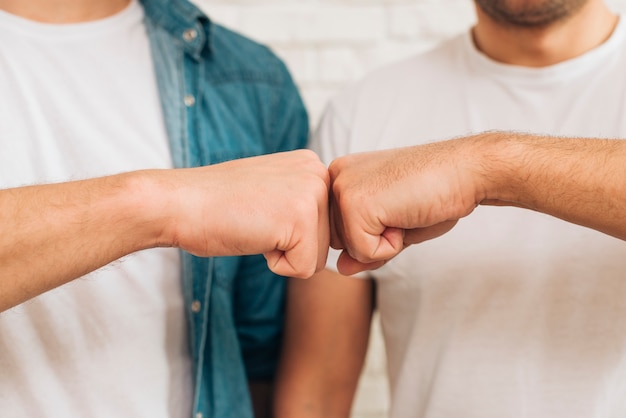"Life happens," has become a favorite expression for many of us during the pandemic. It's helped us explain missing deadlines, being emotionally disengaged, and in resolving the cognitive dissonance of the world we long for versus the one we witness. The lack of updates to this blog recently are because "life happened" to my family back in February.
On February 10, I received a panicked phone call from my brother's girlfriend that their house (the old family home) was on fire. By the time I arrived, the place where I had grown up was still smoldering, brave fire crews doing their best to save the actual structure and whatever belongings could be salvaged. I found my brother at the neighbor's place, on a recliner and covered in blankets. The fire, it turned out, had been an accident...a simple home maintenance error that had gotten out of control quickly.
Despite the potentially imminent danger to their own home, my brother's neighbors had made his wellbeing their priority. By the time I got him and his girlfriend settled into my home for the night, one of his neighbors (and an old family friend) had already set up a Go-Fund-Me page for him. People were already looking for ways to help.
The next morning, I left my brother and his girlfriend to make my first visit to what was left of my childhood home. Before I could head out, I got a call from one of my best friends in the world, a man who has literally known me since the first grade. He wanted to let me know how much he wanted to be there with me when I took my first steps inside the wreckage. This friend was recovering after a very difficult stint in the hospital with a severe case of COVID-19; my sincere response was that I knew that he was there with me in spirit and that I would definitely be calling him to talk.
He responded that I had been there for him during a similar situation decades ago when HIS family home was lost to fire. In truth, I had failed to remember that time, but it was very clear in his mind. In his hour of need, I'd been there to help salvage his old family homestead. I think that the event didn't stick out in my mind because of course I'd be there to help one of my best friends. It's one of those things that's just a given in friendships that last so long. It's part of the compact of life-long bonds.
My friend, however, remembered the intense feelings of being on the receiving end of compassion from a lot of people. It was as real to him as the day his family home had burned down, and he offered me a lot of great advice, ranging from being willing to accept help (something I sometimes struggle with) and bracing for seeing the inside of my old family home for the first time after the fire.
As our conversation started wrapping up, he said "I still wish I could be there with you, brother." A guy who was still rebuilding his lung capacity with an oxygen tank was beating himself up because he couldn't walk through the ruins with me....this kind of commitment to his friends is just the kind of man he is. Suddenly, it occurred to me: One of my biggest and most important parts of the initial salvage mission was to try to rescue my brother's most prized possessions: His electric guitars. My friend is also a musician....who had spoke at length about the processes he'd gone through to restore his own musical instruments after his own fire. He and I had played in our first bands together back in the 80's and were currently writing and recording new material.
"How would you feel about helping me restore my brother's guitars?" I asked him.
A second of silence on the other end of the phone.
"I'd be honored," he responded.
An hour later, I was making my first pass what was left of the place where I had grown up. The feeling of loss and devastation was something I don't know that I can adequately describe to someone who has not experienced it. A flood of emotions welled up and overflowed before I could even make my first steps across the archway that used to hold the front door. I have since described the scene as follows: Put your family home in a snow globe and shake it all around. The snow that circles are the contents of the house. Smash the snow globe on the ground. That is the scene after a fire.
In the darkness, I made my way to the second floor to my brother's music room. In the blackest corner of the room hung three electric guitars, caked in soot, but intact. The first pieces of hope had come out of hiding, phoenixes awaiting help in regaining their fire. Taking a deep breath, I picked these birds from their perches and carried them down to the entry way. All hope was not lost.
I delivered these debris-caked treasures to my friend's house, who rested them on a linen-covered tablecloth with the care of a surgeon performing triage. It was the first I had seen him since his hospital discharge; with all of his 6 foot 3 frame standing bolt upright, he towered above me like an angel wearing oxygen. This guy, who has been my friend since 1978, who himself was recovering from a life-threating ordeal, let me cry on shoulder at the loss of my family home.
He took a look at the "patients" and pronounced his prognosis. With a little elbow grease and love, they could indeed be "saved."
I drove home in a complex headspace, simultaneously devastated at the loss of so many years of family history and uplifted at the compassion already being shown to my brother and me. The symmetry of my friend's life and mine gave me chills; the same guy who I'd helped recover from a family fire years ago was doing the same for me decades later...and the process was integrating our strongest bond: Music. During his own physical recovery from COVID, my friend was helping salve my (and my brother's) wounds to our souls.
In the following days, the response to my brother's needs was overwhelming. He has received donations from a tremendous range of people, from dear family friends to work acquaintances to individuals that neither of us remember meeting. In a year of chaos and division, this family tragedy has shown us the best in people when they unify behind a common cause.
I got to visit my friend a week ago (and to actually make some music). His healing transformation has been astounding; in truth, he looks more vibrant and full of life than I have seen him in years! He acknowledged his "new lease on life" after beginning his recovery from COVID. At the same time, the guitars in his care, my brother's most treasured physical possessions, are close to a full recovery as well. During his own time of healing, my friend resurrected these tools of song and inspiration. Somehow, this path to recovery for both him and these instruments hardly seems coincidental.
It can be hard to let others help us. Nobody, least of all type-A humans like me, wants to acknowledge their limitations or weaknesses. All of us, at some point in our lives, will need someone to help us stand up or recover. At that point, during the tears and pain, we sometimes need to take a moment to look around and see just how many of our loved ones are there for us. This most recent tragedy, however, also helped me realize that letting our friends help us....accepting their compassion....can be restorative for THEM as well. What greater gift can we humans give each other than mutual healing?
I want to end this story with a little story of personal healing as well. In the days following the fire, I had told my wife that one of the saddest parts for me was that I would never again see the children's books that my grandmother had read to us when we were little. One of my favorites had been an obscure story called "Gus Was a Friendly Ghost."
Less than a week after the fire, a copy arrived at our house, well-loved (aka used...which means it had brought joy to others) and just like I remembered. I can still hear my grandmother's voice when I leaf through the pages. Yep, that's the kind of woman I married.
A roof and walls don't make a home. Love does. DNA doesn't make a family. People do. Buildings and stuff can be replaced. People cannot. The spirits of the past are not held in walls but in hearts. Where people remain, new memories will be made, grounded in the love and bound in friendship.






Comments
Post a Comment